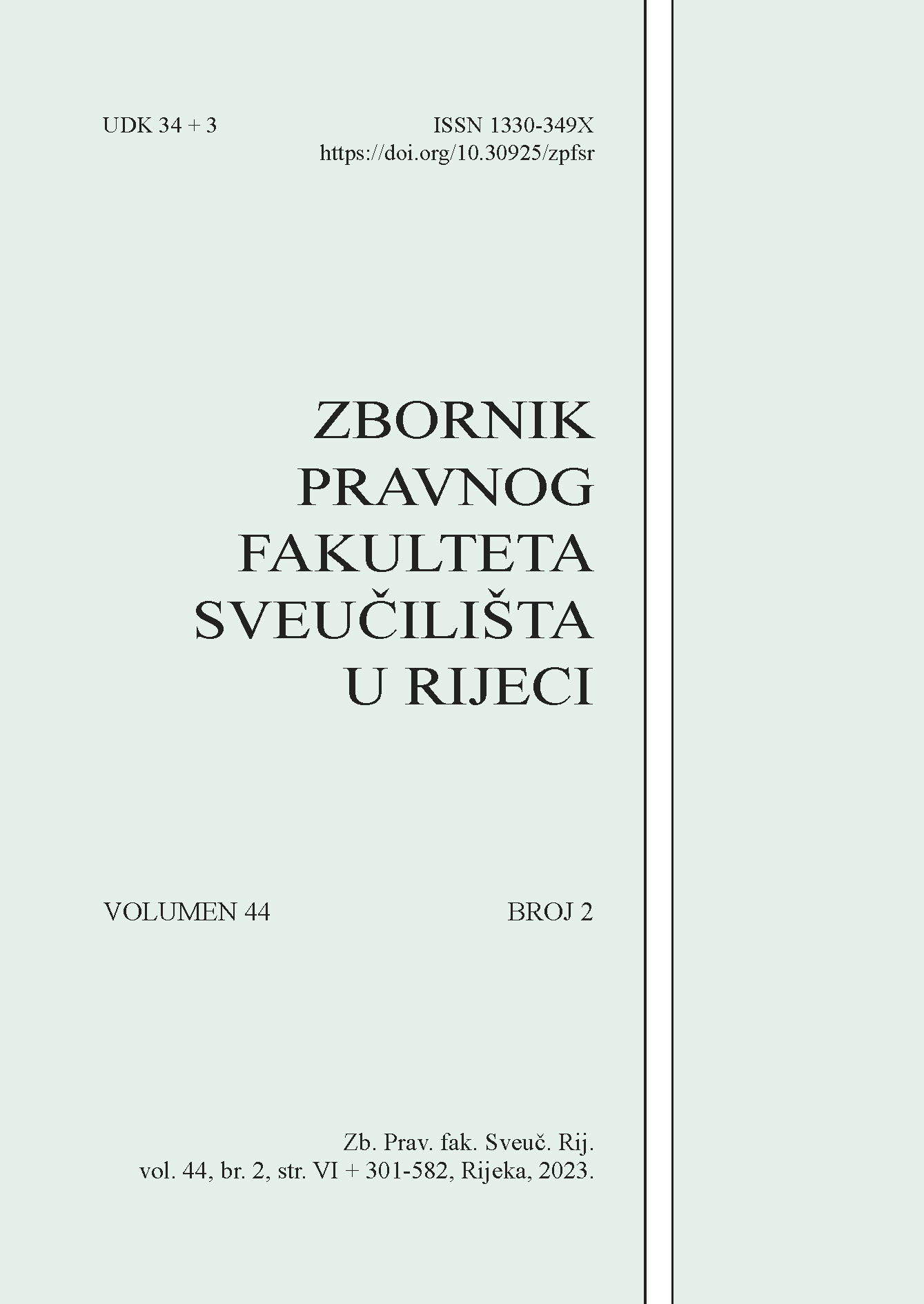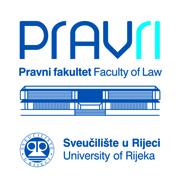FULFILLMENT BY GIVING INSTEAD OF PAYMENT - DATIO IN SOLUTUM IN CONTRACTUALOBLIGATORY LAW
DOI:
https://doi.org/10.30925/zpfsr.44.2.9Keywords:
datio in solutum, novation (renewal), original (primary) obligation, secondary obligation, fulfillment of the contract, termination of the contract.Abstract
Datio in solutum - fulfillment of an obligation by giving instead of payment - is an important institute of contractual obligatory law. The debtor will thus fulfill their contractual obligation in a different way than agreed, but always with the agreement and consent of the creditor. Datio in solutum is, therefore, a legal act, a contract. By fulfilling this second (secondary) subject of the obligation - the obligation ends when the creditor "receives" it. However, not every receiving is always the same, and a problem arises when the receiving is not the physical receiving of money (which is usually the original, primary obligation). The cases of bill of exchange transfers, land registry of real estate ownership, or acquisition of shares as examples of fulfillment of secondary obligations clearly show the problem. Namely, it should not happen that the contract is "executed" but that the creditor "received" a secondary obligation without effectively receiving anything.
Additional Files
Published
Versions
- 2023-12-20 (2)
- 2023-09-15 (1)
How to Cite
Issue
Section
License
Copyright (c) 2023 Oliver Radolović

This work is licensed under a Creative Commons Attribution-NonCommercial 4.0 International License.
Collected Papers is an open access journal. Journal does not charge article processing charges (APC) to authors. It is licensed under CC BY-NC licence 4.0.
Collected Papers of the Law Faculty of the University of Rijeka" is an Open Access journal. Users are allowed to read, download, copy, redistribute, print, search and link to material, and alter, transform, or build upon the material, or use them for any other lawful purpose as long as they attribute the source in an appropriate manner according to the CC BY licence.
The papers published in "Collected Papers of the Law Faculty of the University of Rijeka" can be deposited and self-archived in the institutional and thematic repositories providing the link to the journal's web pages and HRČAK.
Upon acceptance of the manuscript for publication by this journal, the author can publish same manuscript in other journals only with the permission of the Editorial Board (secondary publication). A repeated publication should contain a notice as to where the manuscript was originally published.



